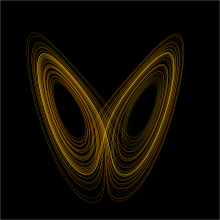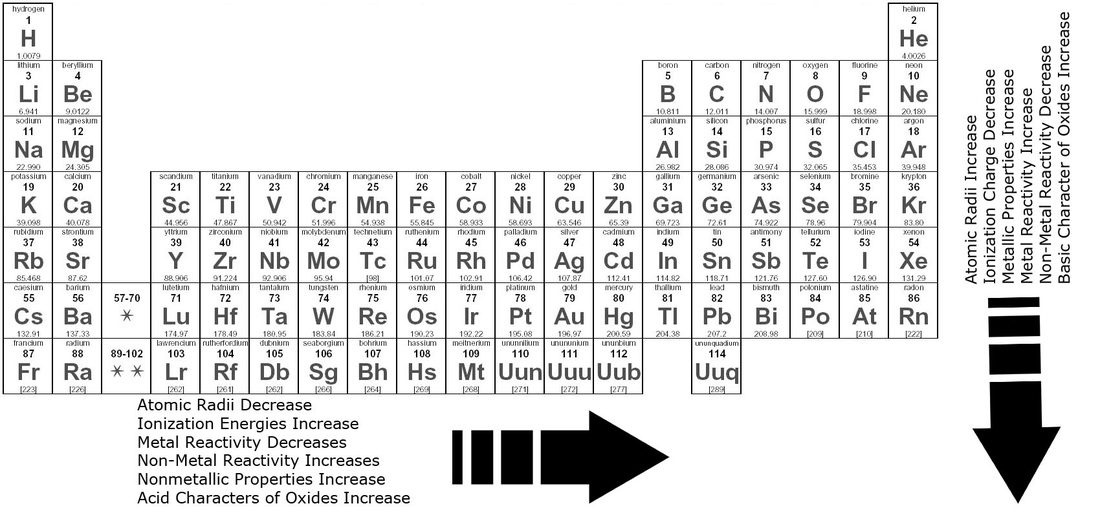Thanks for clarifying. I understand .
But that relative state is only experienced by the observer, no?
Question is: How does the observer's relatively subjective experience affect the original wave function itself?
This reminds me of the example where a train is travelling at high speed a distance between two observers stationed along the tracks , one in front of the train, one behind the train which is blowing its whistle as it travels between them.
The next day the two guys meet and end up in an argument about that train whistle that sounded like a "B" note to one and a "C#" note to the other.
The question is; who is lying and who is correct?
The answer is that both are telling the truth and both are wrong. Their observations were a result of the Doppler effect. Which presented a subjective relatively different wavelength to each.
The actual objective note emitted by the train whistle was a "C" and only the engineer on the train observed the true "C" note, but nobody asked him......



